
Amélie du Passage photographed by Sarah Makharine. Courtesy Petite Friture.

Amélie du Passage photographed by Sarah Makharine. Courtesy Petite Friture.
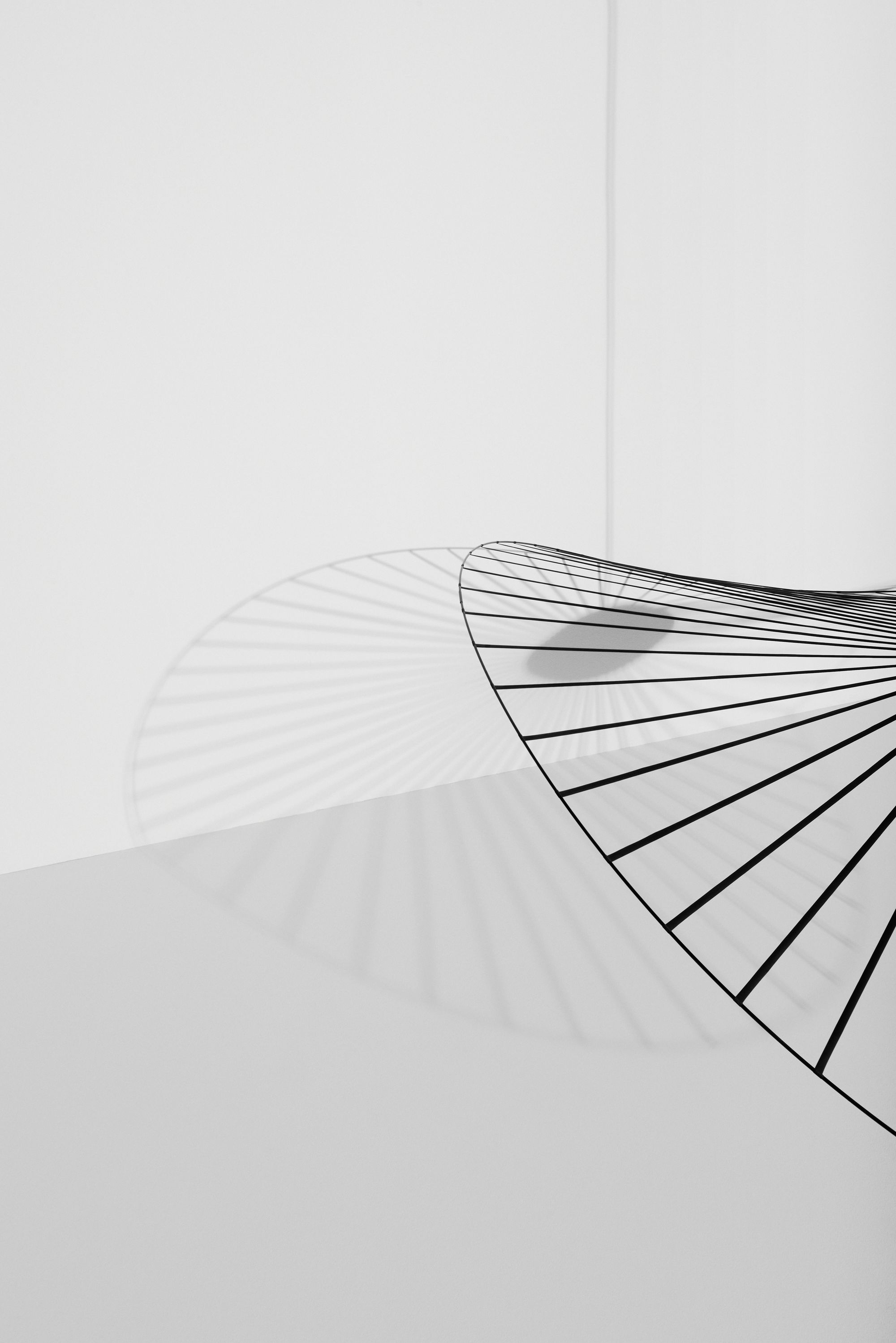
Th Vertigo pendant light in black, designed by Constance Guisset. Courtesy Petite Friture
You may not know Petite Friture but you may be familiar with its Vertigo pendant light. Part-umbrella and part-dragonfly, its bold curvilinear shape is a testament to Petite Friture’s playful, unorthodox approach to furniture design. Amélie du Passage founded the company in 2009 and launched their first collection in 2010. Since then as creative director she has taken the company out of France and into Europe under its recently-acquired designation of entreprise a mission from the French State which broadens the company’s purpose to one of social engagement and sustainability. Petite Friture is also looking at global expansion. Its first stop is the United States where it hopes to bring a “French state of mind” into American homes. PIN–UP’s founder and creative director Felix Burrichter sat down with du Passage in her Montreuil-based offices to talk about what exactly that might look like.
Felix Burrichter: How would you describe Petite Friture design?
Amélie du Passage: Well of course, it’s not one design. It’s a selection. It’s more like a red line. We invite designers who do bold design, designs that you will not find somewhere else. It’s a bit cheeky, it’s fresh, it’s never exactly where you expect it to be. It’s about colors as well as optimism, a bit of playfulness.
You’re the creative director. You are not a designer per se. Are there any products where you feel like you’ve worked particularly close with the designer, where you really feel like ‘we birthed this together’?
I’d say in a sense all of them. The idea, of course, belongs to the designer. He or she is the author. This is very clear. But we work hand in hand. We sometimes change the collection because of technical or financial constraints and also to make it Petite Friture in regard to its colors, the choice of material. So in the end, there is a bit of us in it.
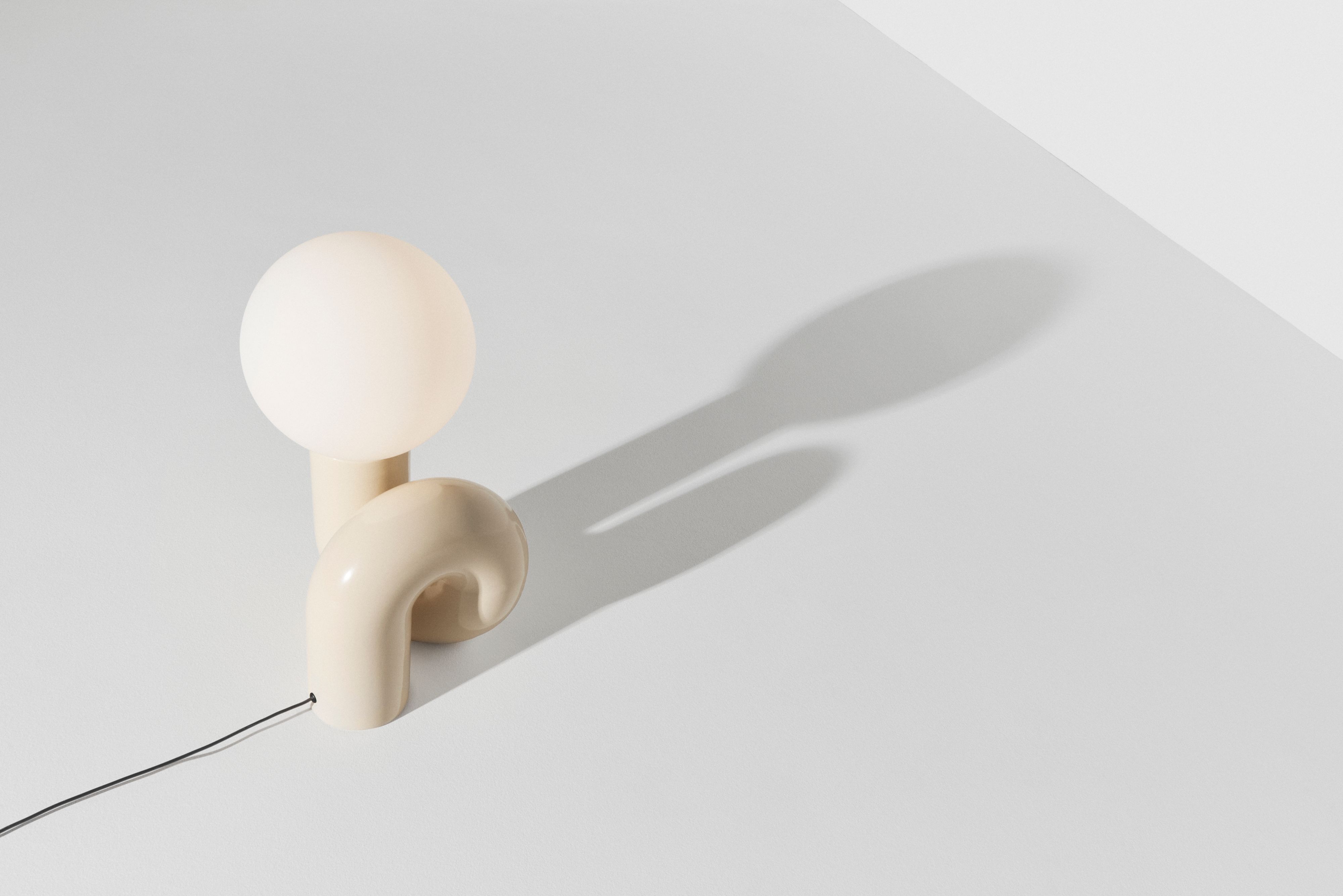
Neotenic light, designed by Jumbo. Courtesy of Petite Friture
Maybe we can talk about the name of the company. Where does that come from?
It’s a typical French expression. Petite Friture is strictly speaking, a small fried fish that you usually catch in rivers. So it’s about this evening dinner in the summer with friends and family, a shared moment. ‘Friture’ also means a vibration. I think when we have this passion, we’re quite buzzed. [Laughs.] It’s not very easy for people to pronounce, but in fact, they remember it very well. At the same time, ‘Petite Friture’ sounds so French. I’m proud that it’s different.
You’re forcing this on people’s tongues.
Exactly. [Laughs.]
This reminds me of a garden table where you casually pull up some more chairs when friends are coming over. It’s that kind of conviviality?
Yes. There’s a very famous location along the Seine in the outskirts of Paris. In the late 19th century all the painters gathered there and so it’s really well known. There were guinguettes, like cafés. People went there for picnics. If you go there today it’s still open. You see all the paintings from that time that re-stage this. There was that spirit in Paris. There still is.
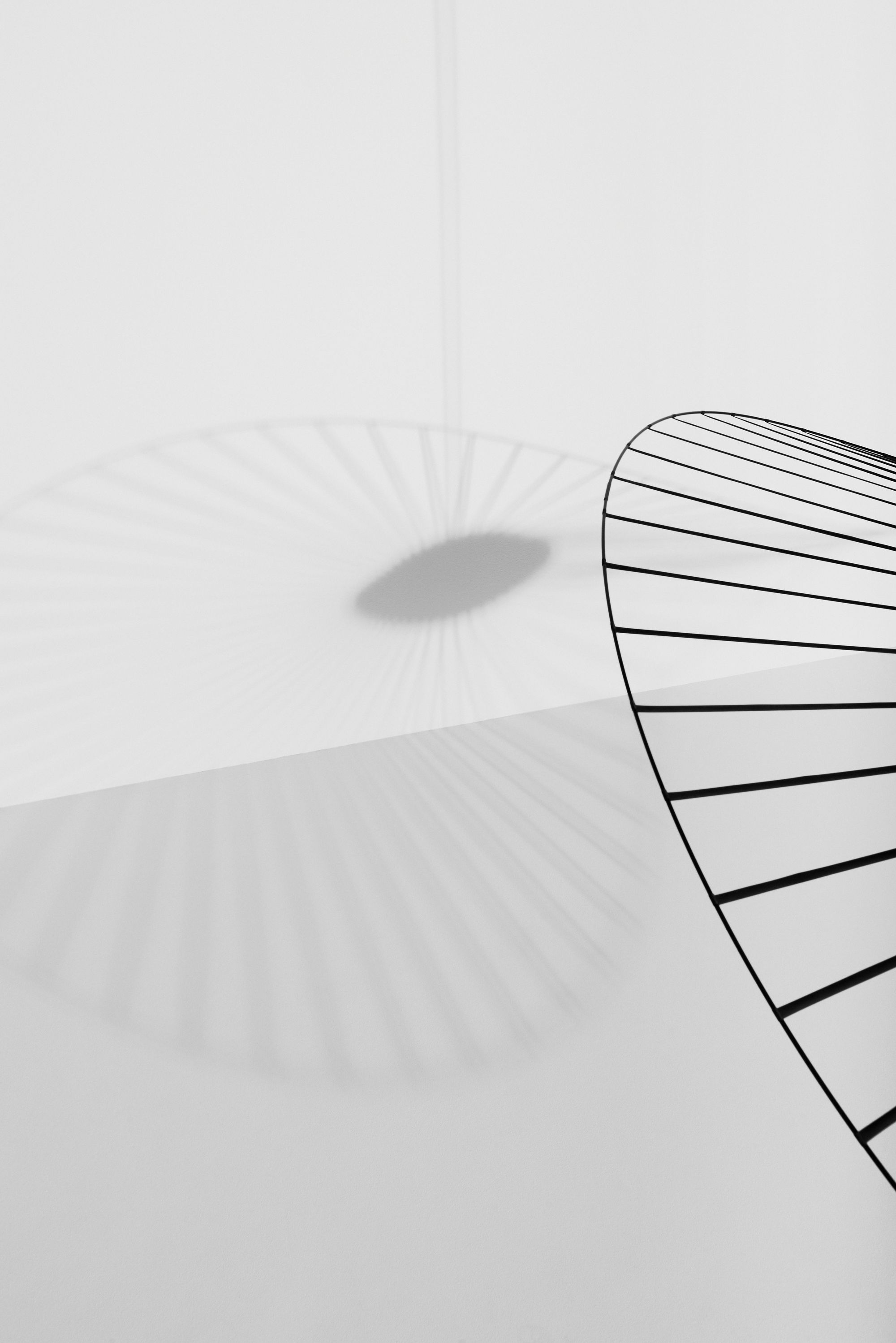
The Vertigo pendant light in black, designed by Constance Guisset. Courtesy Petite Friture
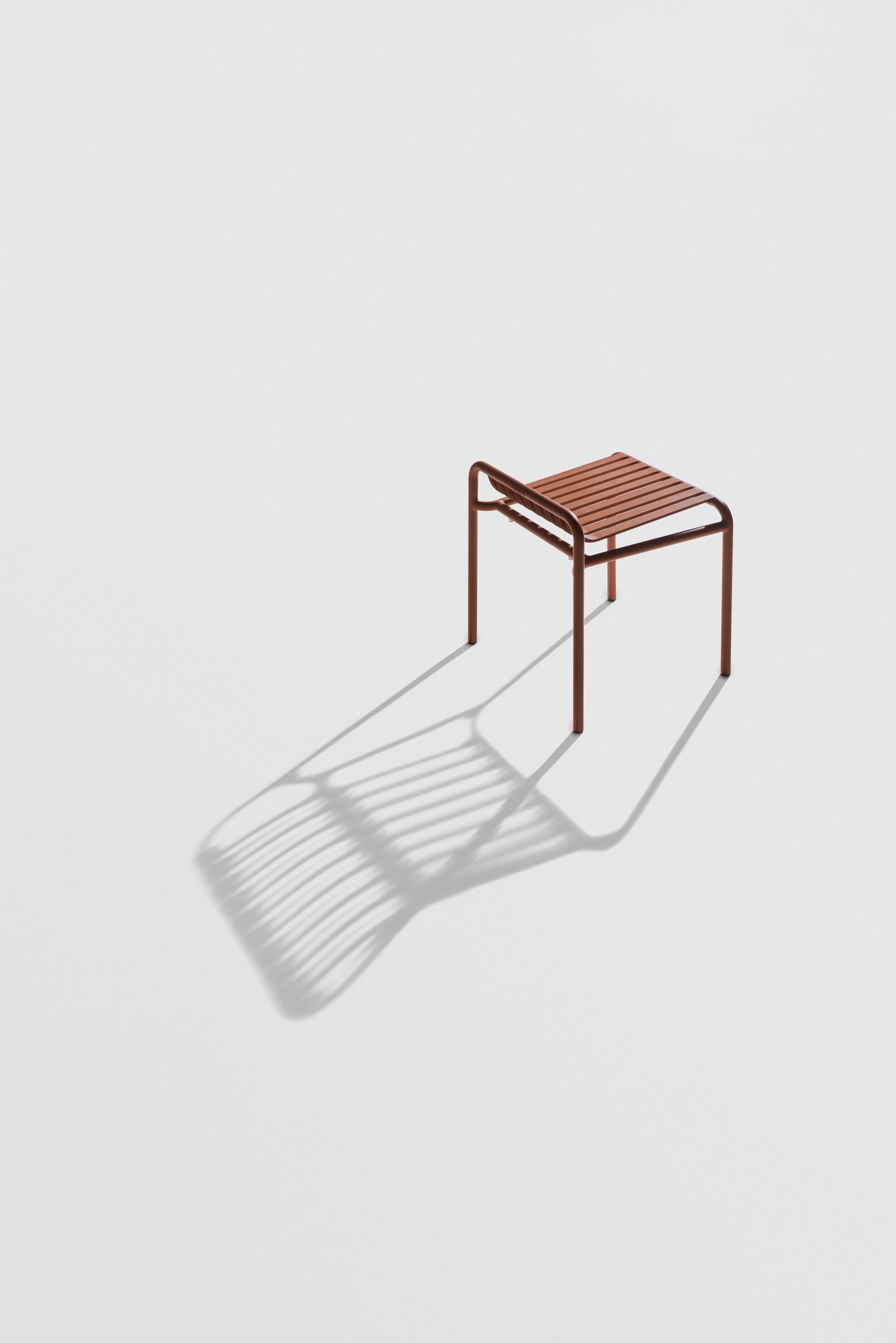
Week-end stool, designed by Studio Brichet-Ziegler. Courtesy of Petite Friture
As the creative director and owner of such a French company how come you moved to London?
There are several things. In my childhood I lived in the U.K. My parents are both French but part of my heart is already in the U.K. We moved just after COVID. Part of Petite Friture and what I bring to this company is open-mindedness and the fact that I’ve always spoken English and wanted to be more international. It’s not been very easy. But it’s really interesting.
Why?
When you move to a different country you don’t know the codes. And that’s also game changing. You feel very free because you get it wrong. Also, the state of mind in the U.K. in particular is very open. There’s never any judgment on the way you dress or what you’re thinking, or who you are. So it fuels new ideas, new encounters, and it gives me a step back from here [Paris]. I still work a lot in fact, but with a lot of calmness and thoughts about what we’re doing and how we should do it. We’re in a changing world. So we need to be listening.
By removing yourself from the French context, do you feel it has sharpened your idea of what French design is?
I wouldn’t say French design, I would say French state of mind. And in this we are very French indeed by being a bit like, ‘okay, the market does it this way. Let’s do it that way’. We’re always intrigued when we go to a new country. We’re not going to copy. I’m always quite surprised when designers come to me and explain that they have been briefed by another company to do the new Vertigo. I have never looked at the best sellers of another company and said to a designer, do the new flowerpots. No. What’s right for the moment? What do we need in the collection? Those are the kinds of conversations we have.
There’s also an eclecticism. Things aren’t necessarily made to match. You’re not here to create a total look, or a hermetic brand identity.
True. If I take, for example, the Frances tables, you can see it in an Italian Palazzo and it will work very well. But it also will work in an architecture that’s very modernist. In both environments this Frances table will be a statement piece. It will have a strong conversation with a space.
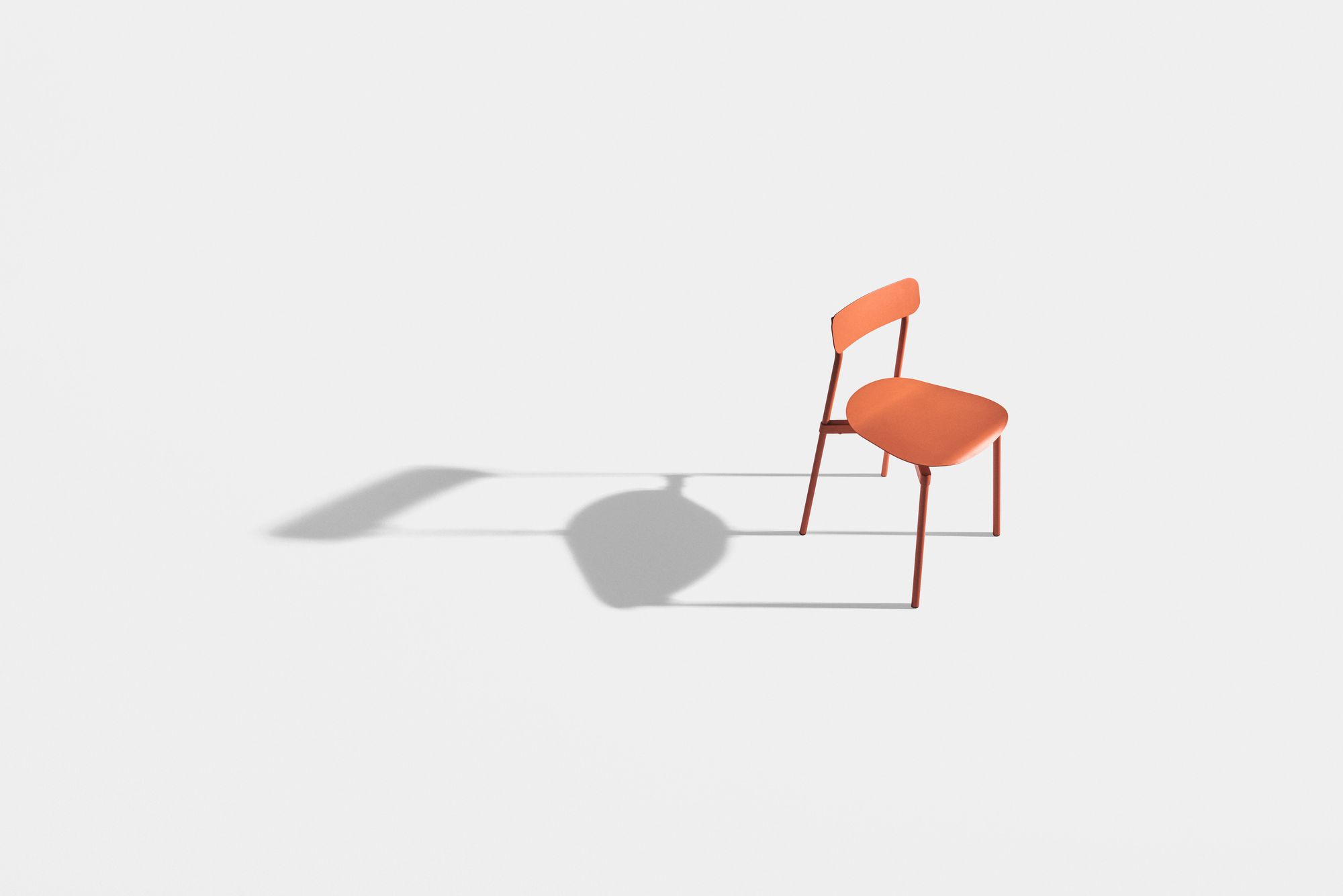
Fromme chair in coral, designed by Tom Chung. Courtesy Petite Friture
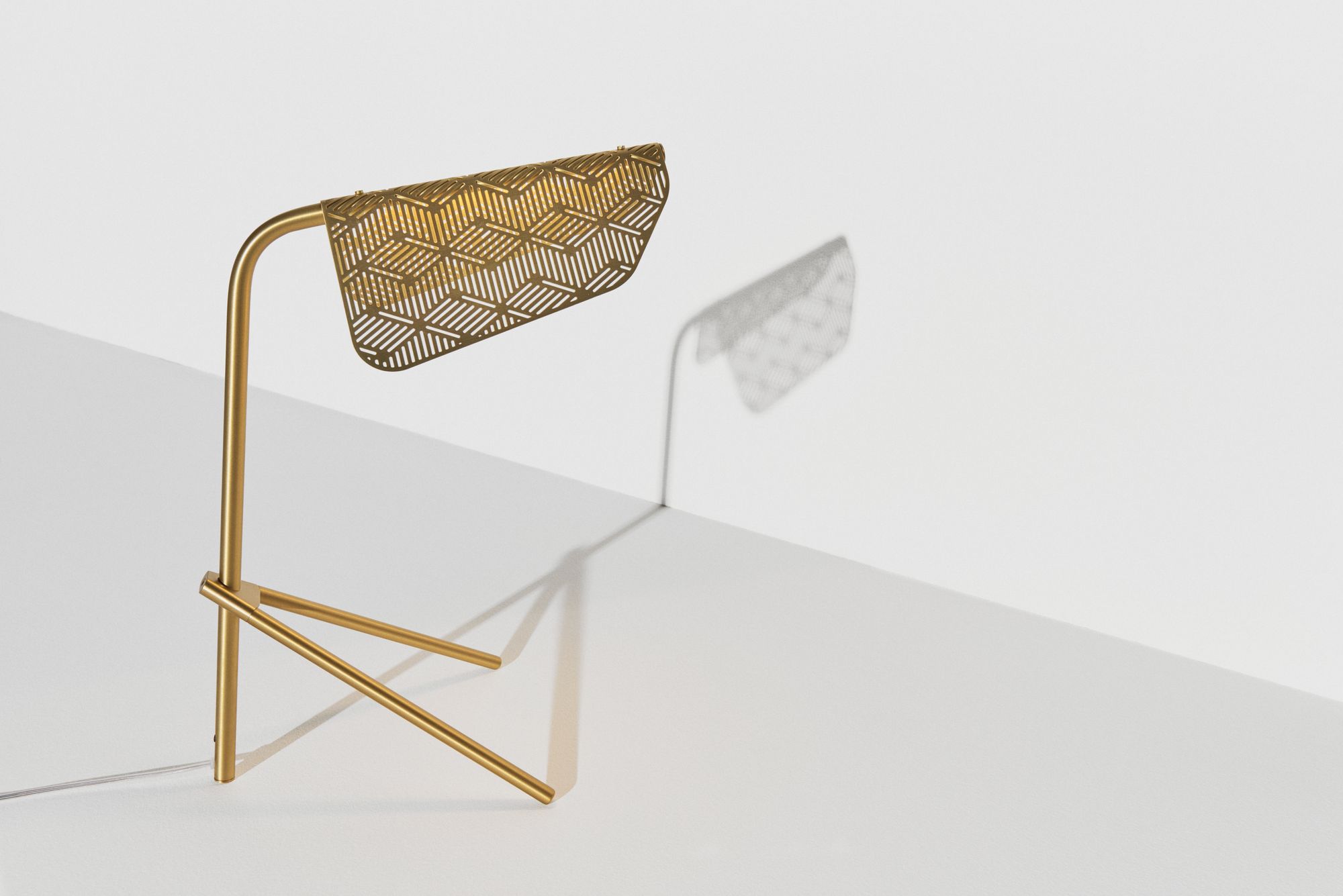
Mediterranea, table lamp designed by Noé Duchaufour Lawrance. Courtesy Petite Friture
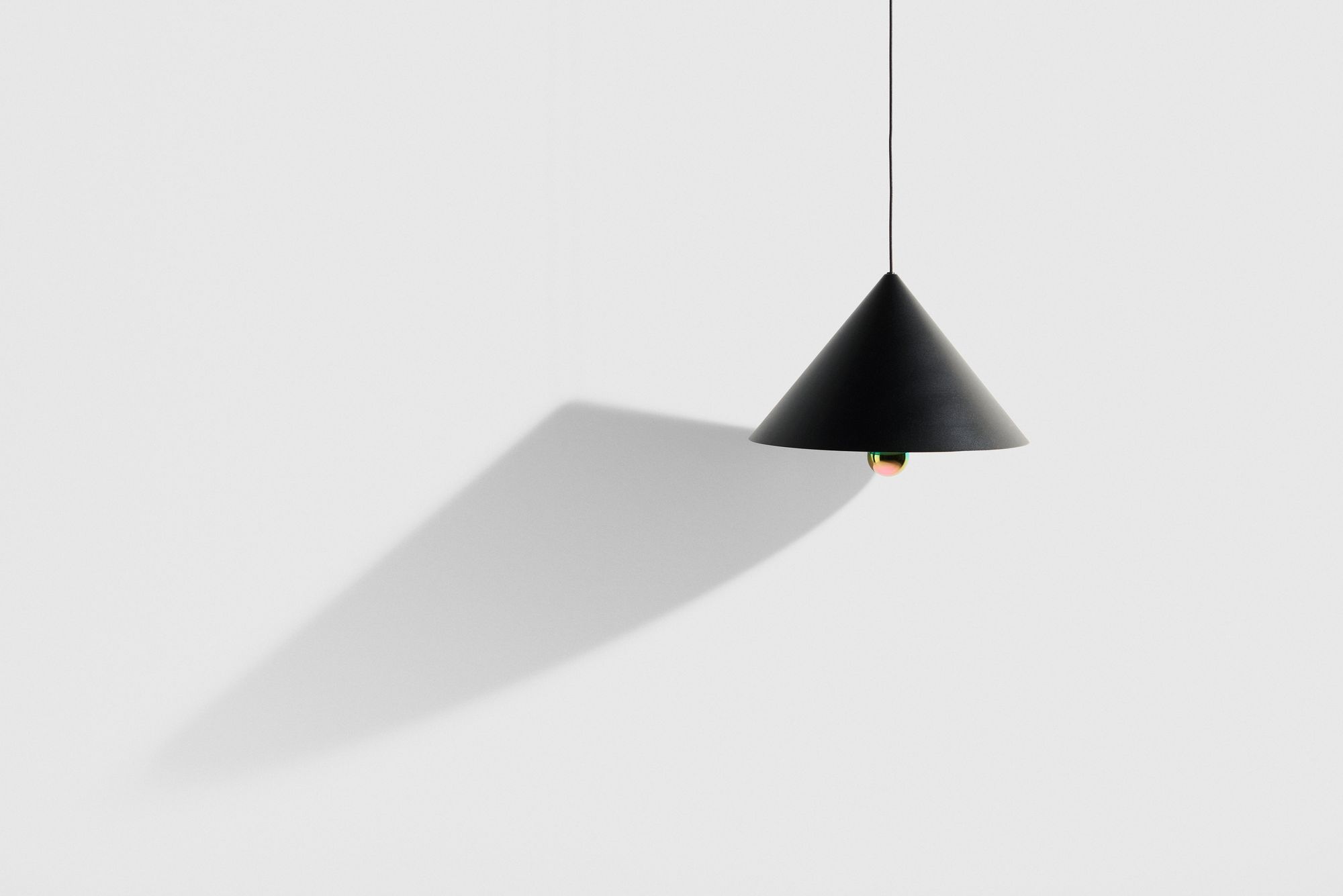
Cherry, large pendant light in black, designed by Daniel Emma. Courtesy Petite Friture
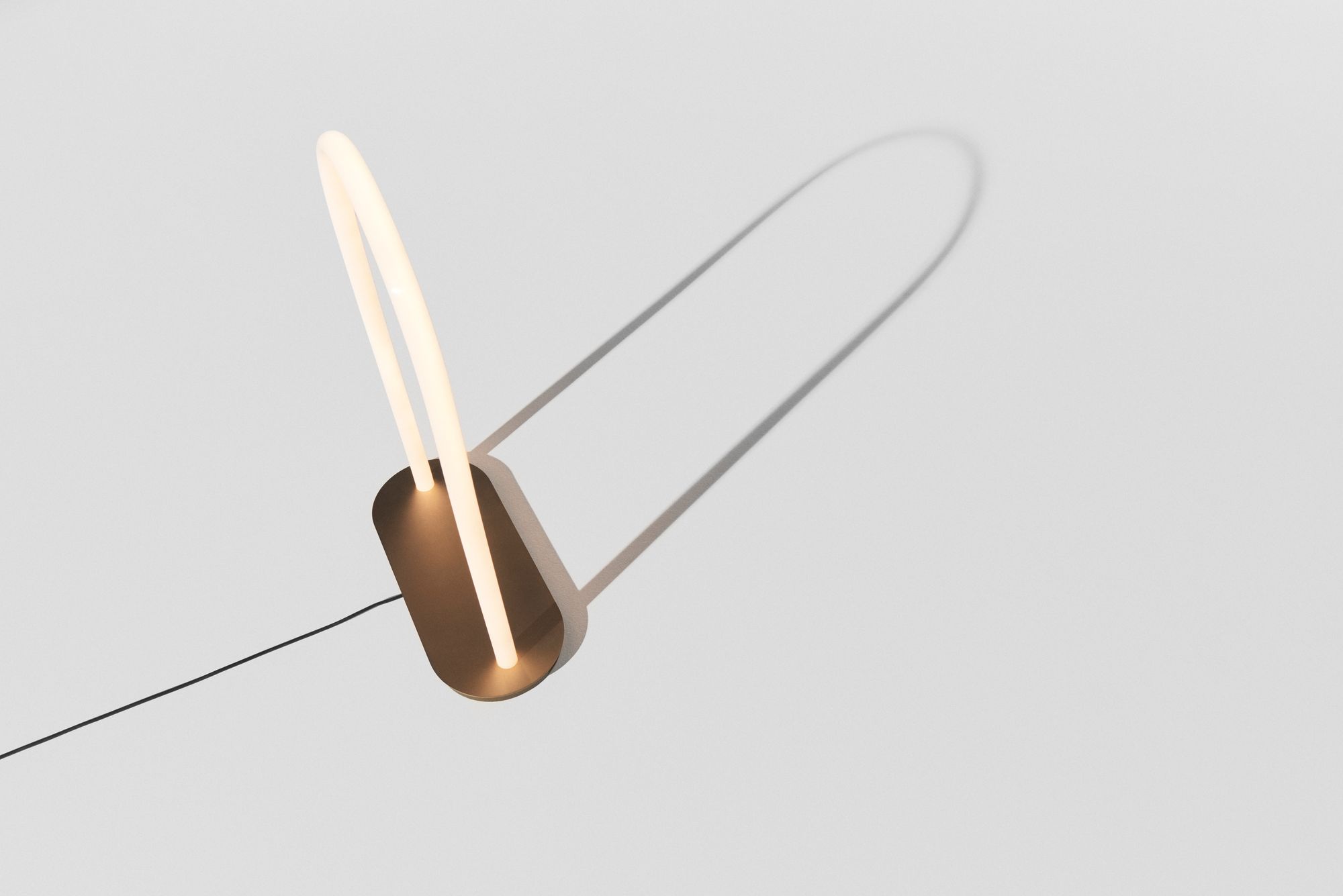
Unseen, small table lamp in brass designed by Studiopepe. Courtesy Petite Friture
So what is making you break into the U.S.? It can be such a moody market when it comes to design.
Well first of all our target was to be on the European market. And now that's done. And we feel that the next step that seems natural is to go overseas. And in the United States, of course, tastes can be different. But there is also an interest in European brands.
What really makes Petite Friture also stand out among design brands is that over half the designers you work with are women. You seem reluctant to emphasize this as part of the brand identity.
No, I’m not reluctant at all, I’m happy that we’re representative of the diversity that exists. But it all comes down to the individual. I don’t want to give the feeling on the contrary to people that they’ve been chosen because they were a woman and that we needed the balance, because that’s never been the case. Never. But I’m happy in the end that it works out like that.
How much Petite Friture is in your house?
It’s like a dentist or a doctor: They never really look after themselves. Sometimes when the print is not right, if the colors are not accurate, they're taken out.
You’ve taken the rejects home.
Yes. I love the rejects. Because they have a story as well.
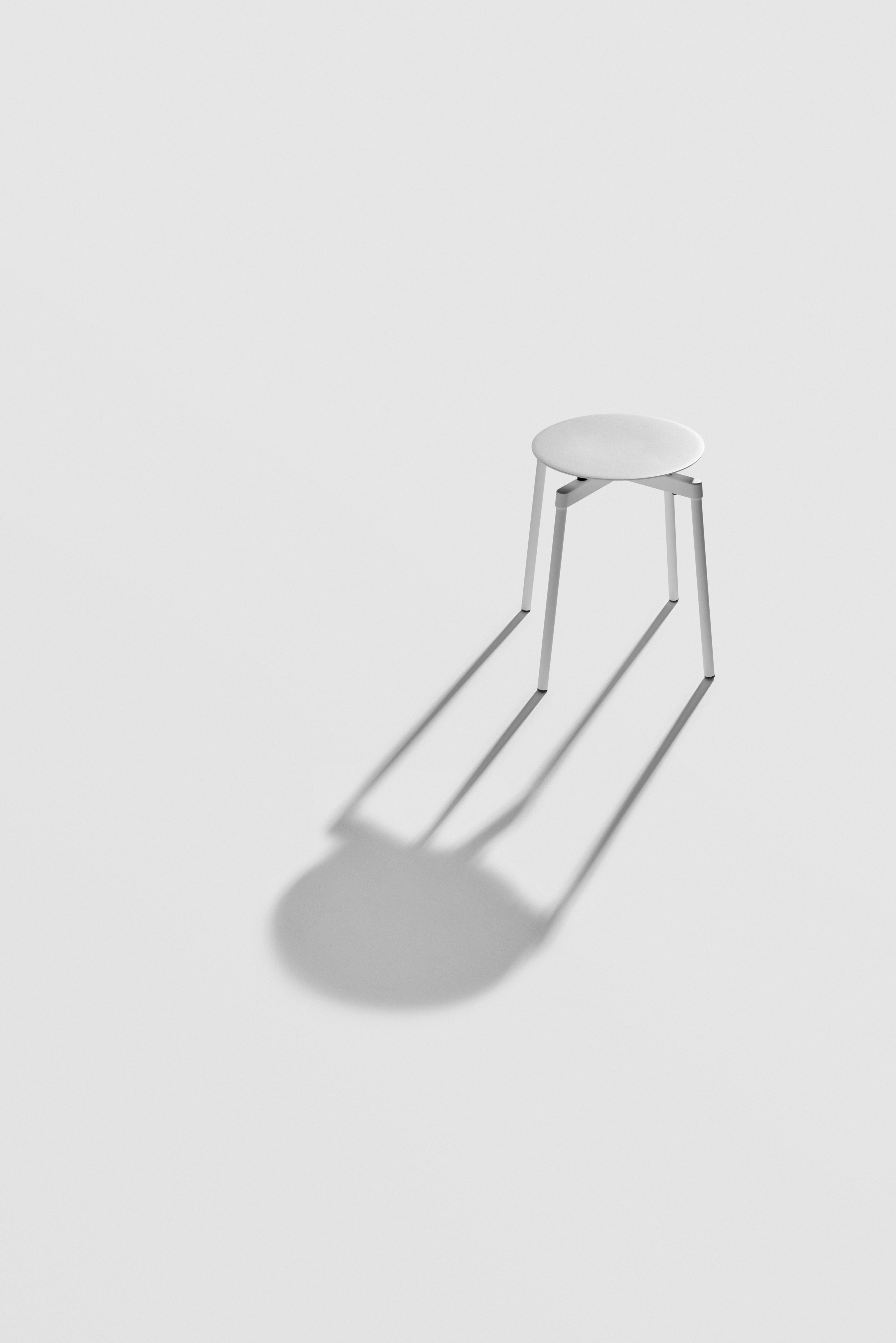
Fromme stool, designed by Tom Chung. Courtesy of Petite Friture